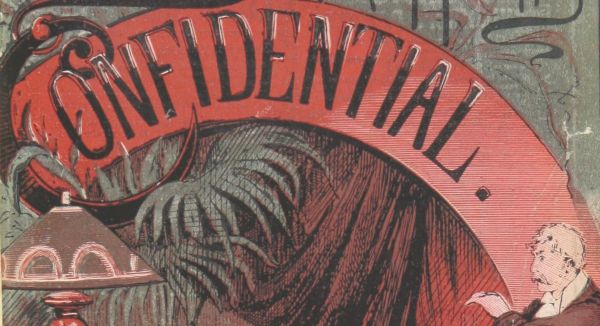Plaintiff sued Google for false advertising and violations of New Jersey’s Consumer Fraud Act over Google’s provision of Adwords services for other defendants’ website, which plaintiff claimed sold counterfeit versions of plaintiff’s products. Google moved to dismiss these two claims and the court granted the motion.

On the false advertising issue, the court held that plaintiff had failed to allege the critical element that Google was the party that made the alleged misrepresentations concerning the counterfeit products.
As for the Consumer Fraud Act claim, the court held that Google enjoyed immunity from such a claim in accordance with the Communications Decency Act at 47 U.S.C. 230(c).
Specifically, the court found: (1) Google’s services made Google the provider of an interactive computer service, (2) the claim sought to hold Google liable for the publishing of the offending ads, and (3) the offending ads were published by a party other than Google, namely, the purveyor of the allegedly counterfeit goods. CDA immunity applied because all three of these elements were met.
The court rejected plaintiff’s argument that the New Jersey Consumer Fraud Act was an intellectual property statute and that therefore under Section 230(e)(2), CDA immunity did not apply. With immunity present, the court dismissed the consumer fraud claim.
InvenTel Products, LLC v. Li, No. 19-9190, 2019 WL 5078807 (D.N.J. October 10, 2019)
About the Author: Evan Brown is a Chicago technology and intellectual property attorney. Call Evan at (630) 362-7237, send email to ebrown@internetcases.com, or follow him on Twitter @internetcases. Read Evan’s other blog, UDRP Tracker, for information about domain name disputes.


 The owners of an LLC successfully published a magazine for several years, but the business declined and the company eventually filed bankruptcy. While the bankruptcy proceedings were still underway, one of the owners started up a new magazine publishing the same subject matter. He essentially took over the old company’s website to promote the new magazine. And he posted to the LLC’s Facebook page on three separate occasions, “reminding” those who liked the page to instead like his new company’s Facebook page.
The owners of an LLC successfully published a magazine for several years, but the business declined and the company eventually filed bankruptcy. While the bankruptcy proceedings were still underway, one of the owners started up a new magazine publishing the same subject matter. He essentially took over the old company’s website to promote the new magazine. And he posted to the LLC’s Facebook page on three separate occasions, “reminding” those who liked the page to instead like his new company’s Facebook page. 